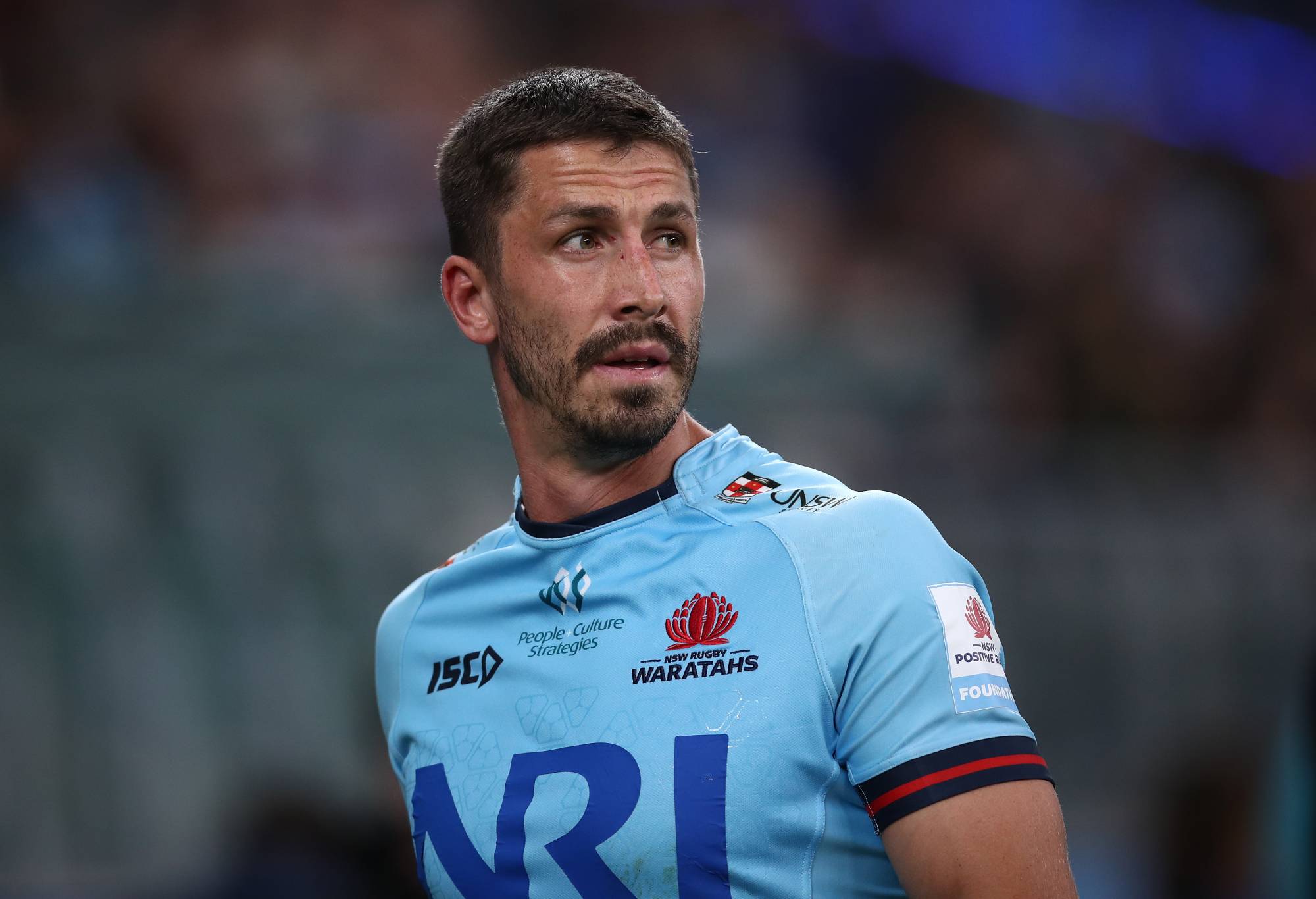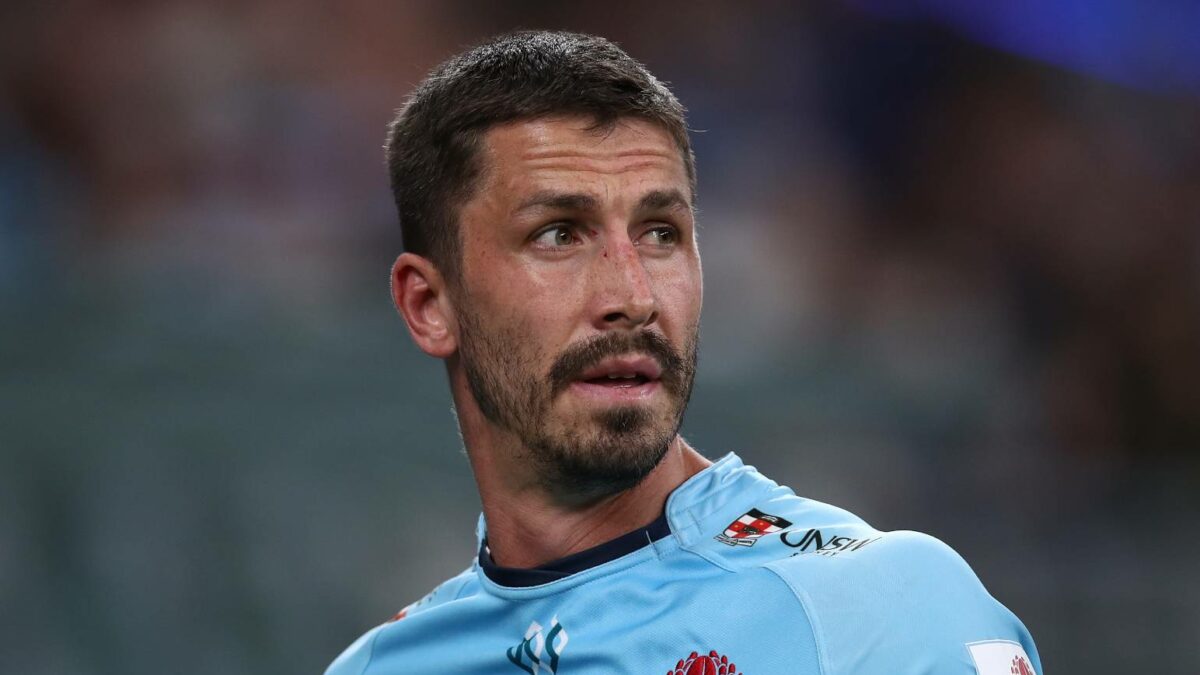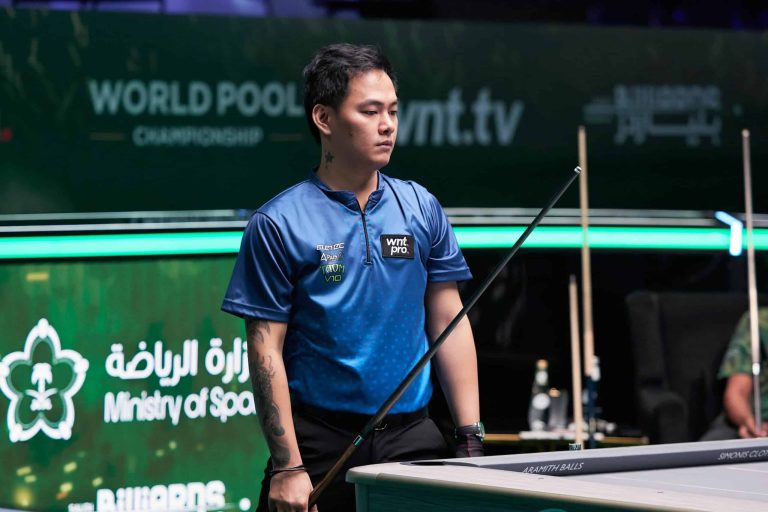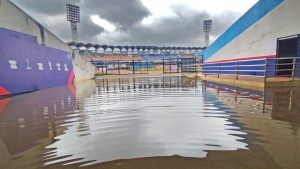The new film Thunderbolts* features a rogue member of the US government played by Elaine from Seinfeld, who creates a super-being with the power of “a million exploding suns” – the most powerful being who ever lived. No other superhero can stand against this almighty new champion – he swats them away like flies. He is the ultimate human weapon, invincible and impervious to attack.
He reminded me a lot of Ardie Savea.
I’m not suggesting that Ardie is the creation of a clandestine government program to build a person who can defend the people of the Earth against any threat from all corners of the multiverse. I’m just saying that if he was, it would kind of make sense.
Anyone who saw Savea’s game against the Blues on Saturday would have to admit that he was on a totally different plane of existence to any other player on the field. It seemed that there was nothing he couldn’t do – speed, strength and sublime skill taken to the nth degree in a dazzling package. It’s no surprise that he was crowned Super Rugby Pacific Player of the Year before the season is even over. Sometimes inevitability must simply be acknowledged.
In fact, acknowledging inevitability can provide a wonderful freedom, emotionally speaking. I am sure that when the Blues team returned to the dressing room, they felt lighter, more joyful than they ever had before, because they could honestly say to each other, “It’s OK lads – it’s just Ardie.” They knew Ardie was better than them, as he is better than you, and me, and everyone else. It was impossible for any of them to be as good as Ardie, and once you recognise that it’s impossible to do something, you can relax and get on with life without worrying about trying to do it.

Ardie Savea of Moana Pasifika celebrates after victory over the Blues. (Photo by Hannah Peters/Getty Images)
Which brings me of course to the Waratahs. After their defeat at the hands of the Crusaders on Friday night – in which, I hasten to add, they scored five tries, which was an admirable effort and I think they should all pat themselves on the back – coach Dan McKellar had some scathing things to say about his charges.
Change was coming to the Tahs, McKellar thundered. “I think there’s people who are too comfortable and that needs to change. Because if you’re too comfortable, happy to be here and wear the tracksuit, that will change,” he said ominously, foreshadowing some tough decisions. Clearly the coach is going to lay down the law to the players, demand higher standards and cull those who can’t live up to them. He is also going to introduce some far less comfortable tracksuits so nobody wants to wear them.
Which is all very well and exactly what you’d expect from a coach who’d just been embarrassed by his team’s performance. But I’d like to suggest a different path for Dan to follow. What if, instead of making those changes and driving those improvements and all the rest of it, Dan McKellar and the Waratahs organisation practised what might be called Radical Acceptance?
In other words, what if the Tahs, instead of seeking glory and achievement, instead sought happiness, and grew to love their place in the world? What if they accepted that they are not supposed to be successful, and enjoyed the life they have as failures?
Just as all rugby players have to accept they will never be as good as Ardie Savea, sometimes an entire rugby team has to accept that they will never be as good as…well, loads of people, we won’t list them all. Isn’t it time the Waratahs gave up on all the angst and heartbreak of trying to win, and found comfort in knowing their place in the cosmic order of things?
On Friday night, Waratahs captain Jake Gordon said it had been the worst loss of his career. “This is the worst, I reckon, because we’re a better team than that,” he said.
But, Jake, what if…you’re not? What if you’re actually barely even as good a team as that? There’d be no shame in that, would there? Not every team can be great. But, if they are wise, every team can be happy. And happiness does not come from trophies, it comes from seeing the truth and embracing it. It comes from waking up every day, looking at the glory of creation before you, and saying, “I know I am exactly where I am supposed to be”. The Waratahs know exactly where they’re supposed to be – between 7th and 11th on the SRP ladder – and now all they need to do is admit it to themselves. To look in the mirror and say, I am not a winner, I am a loveably bumbling everyman, and THAT’S OK.

(Photo by Jason McCawley/Getty Images)
But losing sucks, I hear you say. I say we only think losing sucks because we’ve been programmed to think that by society. Losing can be a beautiful, life-affirming experience, as long as you have internalised the reality that losing is what you were made for. When losing is your purpose in life, every loss feels like another job well done. Imagine how satisfying life as a Waratah would be if every player felt that way!
As the Byrds sang, to everything there is a season: a time to laugh and a time to weep, a time to sow and a time to reap, a time of war and a time of peace. And there is, surely, a time to try to win Super Rugby and a time to say look, guys, this really isn’t worth the faff anymore.
Now some NSW rugby fans may at first rankle at the Waratahs’ new approach of self-care ahead of material success. But really, it’s the best thing for us, too. Because we are no less subject to the rules of the universe than anyone else, and just as the players on the team need to come to terms with the fact that God did not make them to be winners, we need to come to terms with the fact that God did not make us to support a winning team. Once we do, we too will be far happier, as we come to the ground to cheer on not a team striving for vulgar victory, but a group of healthy, well-adjusted, self-actualised men whose first priority is to enjoy life in all its diverse beauty. Compared to contentment, who can care about numbers on a scoreboard?
Rugby is the game they play in heaven, so they say. The Waratahs have the chance to create a little bit of heaven here on Earth. All they have to do is let go of their destructive desires for success, and learn to be happy playing their designated role in the competition: that of comic relief.
Let the Ardies of the world rise to the top of the tree. The rest of us will be much happier playing down here in the grass.







